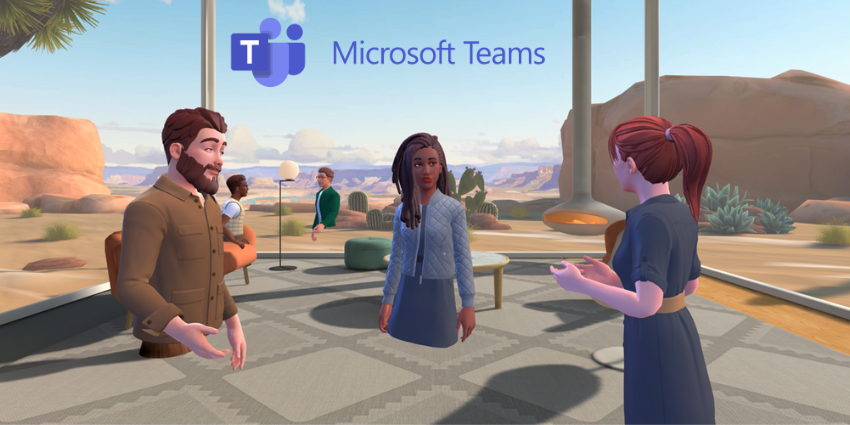Virtual Reality, or VR, is an increasingly popular tool in the modern landscape. For years, companies have been experimenting with VR as a solution for entertainment. More recently, however, brands have begun to see the value of VR as a business tool as well. With the right virtual reality solution, companies can build immersive training simulations, collaborative environments, and more to boost productivity and business outcomes.
Of course, designing the most effective solutions also means ensuring that users feel engaged in the experience. There are many elements that can influence the engagement a user feels when using VR solutions, but two factors can be particularly important: Presence and Agency.
So, which concept is most valuable?
Defining User Agency in VR
“Agency” in VR refers to the sense of control a user has over their current environment or situation. The higher the agency you give a VR user, the more they should be able to influence the world around them. An administrator with a high degree of agency in a training simulation might be able to interact with devices in a virtual space and change the world around themselves with various instructions.
Someone with minimal agency might feel as though they’re simply “experiencing” a simulation rather than interacting with it. For instance, a company could build a training environment which carries a user through different spaces and introduces them to products and items they can’t interact with.
Some Virtual Reality environments offer a lot of agency. These highly immersive spaces give their users full control over their surrounding environment. This high level of control can make VR experiences a lot of fun, but it can also take some of the realism out of the experience, while placing additional pressure on the abilities of the software.
Many solutions offer something called “local agency”, where users can interact in specific ways with particular things. For instance, in a simulation where a firefighter is learning how to enter a building, they might be able to interact with virtual windows and doors, but not with the surrounding building.
What is Presence in VR?
Presence and Agency might seem like very similar things in a VR environment. However, “Presence” refers more to the ability a person has to feel fully immersed in an XR experience. If you have a good deal of presence in a virtual space, you don’t necessarily need any control (or agency) to feel immersed.
A virtual landscape where you can see all of the scenery around you interacting naturally would have a lot of presence. However, if you couldn’t do anything with your surroundings, you wouldn’t have agency. Presence is associated with a sense of connection and authenticity in a VR space. Companies creating environments with a focus on presence want you feel like you’re genuinely there.
The best VR experiences have a lot of presence. They allow us to forget about the world outside of our headset and focus entirely on what’s going on within a specific space. With significant presence, you can make the people in your team feel like they really are working together, rather than just interacting over a computer program or software.
Which is More Important?
There’s no real answer to the question of whether presence or agency is more important in a virtual reality experience. The truth is that all virtual environments require the right level of presence, or immersion, and agency, or control.
Presence makes the environment feel more realistic, which helps the person within the VR space to focus on what’s happening rather than looking for cracks in the illusion. The ability of presence to submerge someone in an experience also leads to a more emotive response. If you feel like you’re genuinely located within a specific space or environment, you’re more likely to have stronger reactions to what you see there.
Agency can also be important depending on the kind of experience you want to develop. If you want your employees to deliver new motor memories and develop skills, they may need to have a certain level of control over their environments. Agency can allow people to experiment with different environments and discover how things work in a unique way.
Giving employees agency to work with products and blueprints in a virtual environment means they can make changes to how things work, without having to worry about wasting time and resources. Presence, on the other hand, keeps them focused in the moment.







